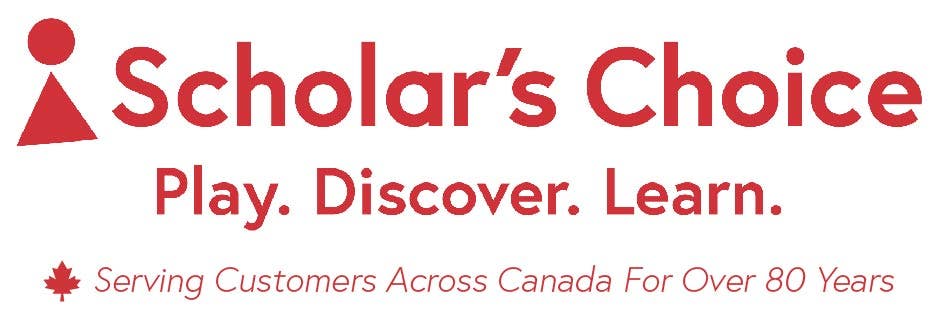

The Importance of Gardening in Outdoor Education for Early Childhood Development
Gardening is more than just digging in the dirt—it's a powerful tool for early childhood education, fostering curiosity, creativity, and essential life skills. Through hands-on experiences, children explore the natural world, engage in STEM learning, and develop foundational skills in science, math, and environmental stewardship. Whether in a schoolyard garden, a community plot, or a simple container garden at home, gardening provides endless opportunities for play-based learning and outdoor exploration.
Why Gardening is Essential in Early Childhood Education
Gardening introduces young children to the wonders of nature, encouraging them to develop a deeper connection to the environment while supporting multiple areas of early childhood development. Here’s how:
Hands-On STEM Learning
Gardening is a real-world STEM experience! Children observe plant growth, measure soil and water levels, and experiment with different conditions for plants to thrive. They engage in scientific inquiry, predicting outcomes, making observations, and problem-solving—core skills for STEM education.
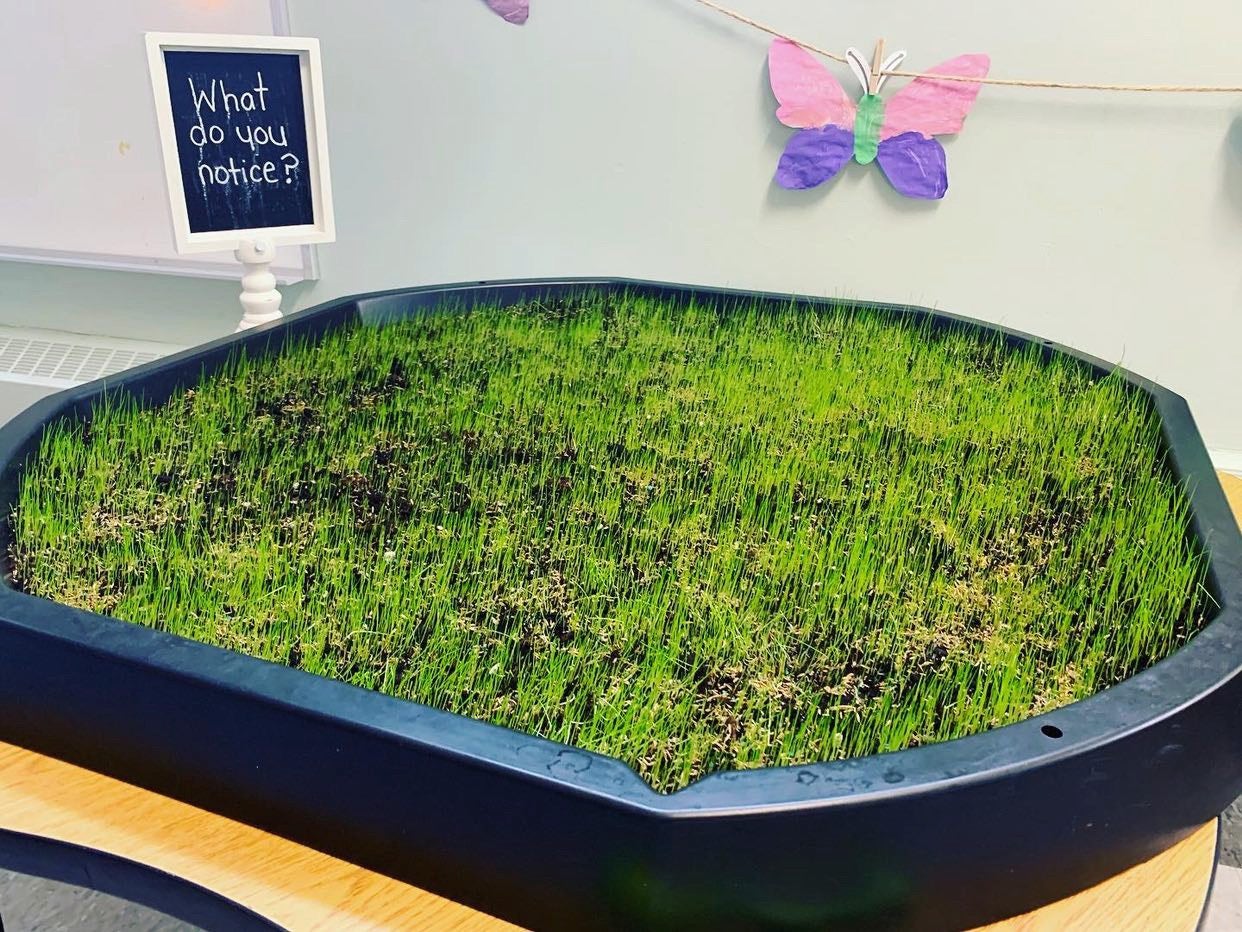

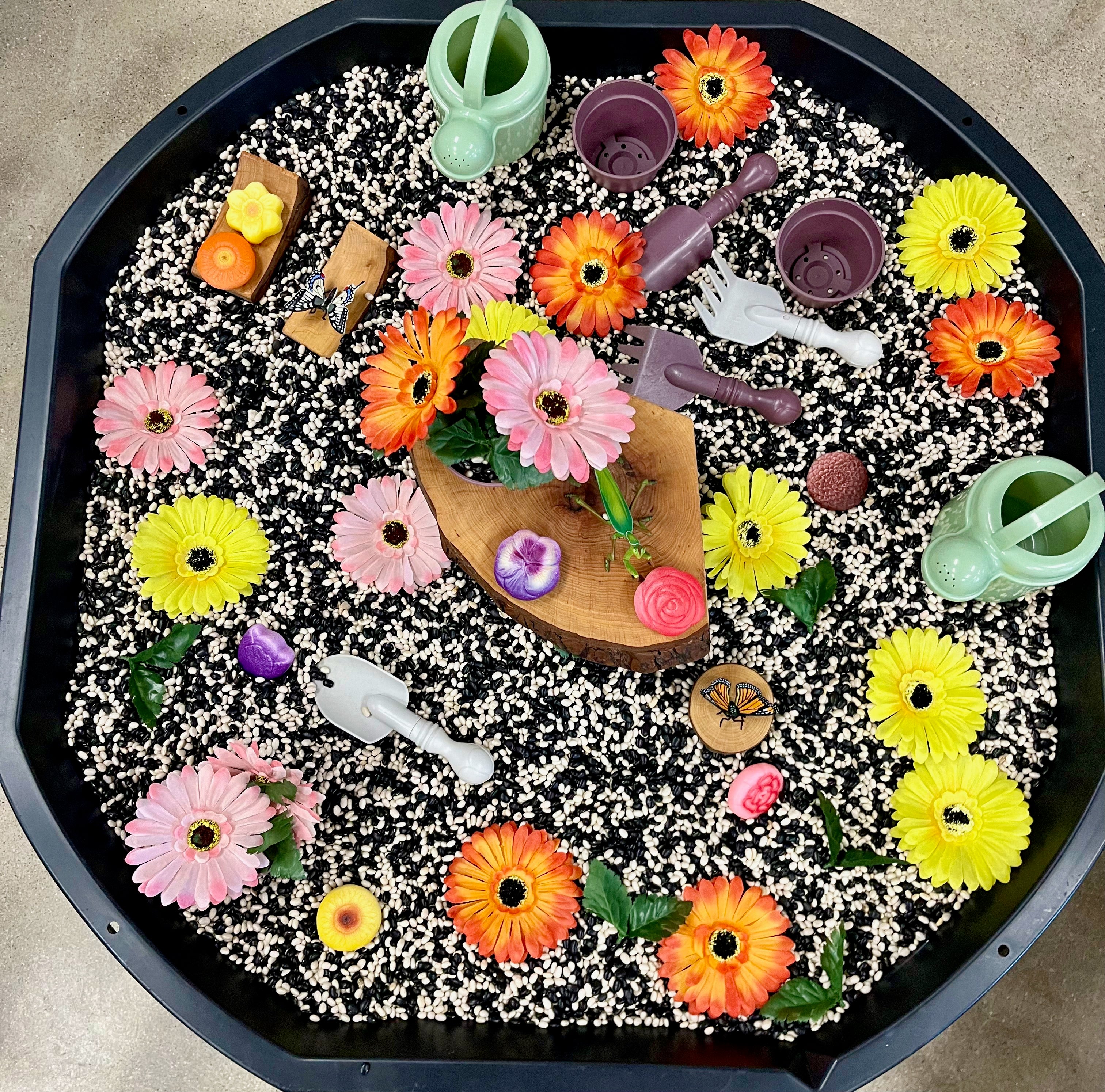

Encourages Sensory Exploration
From the texture of soil to the scent of herbs and the vibrant colours of blooming flowers, gardening is a multi-sensory experience. These sensory-rich activities support fine motor development, language acquisition, and cognitive growth.
Supports Social-Emotional Learning (SEL)
Gardening teaches responsibility, patience, and empathy. Children learn to care for living things, collaborate with peers, and develop resilience as they experience the challenges and rewards of growing plants.


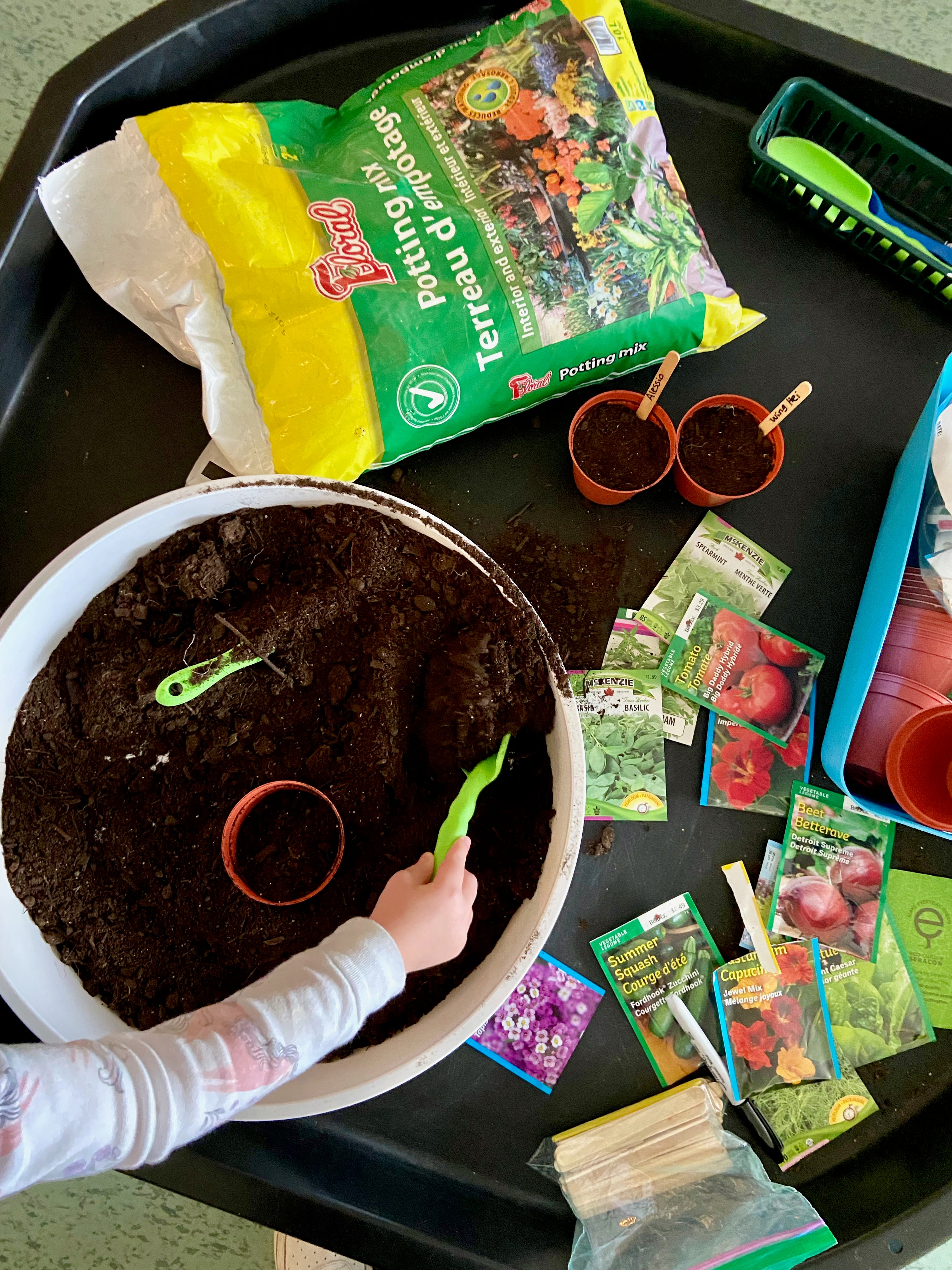

Promotes Healthy Eating & Nutrition Awareness
When children grow their own fruits and vegetables, they are more likely to develop healthy eating habits. Engaging kids in growing, harvesting, and tasting their own food fosters curiosity about nutrition and encourages a lifelong appreciation for fresh, whole foods.
Enhances Fine & Gross Motor Skills
From digging and watering to planting and harvesting, gardening involves various physical activities that develop fine motor skills (picking up seeds, using small tools) and gross motor skills (digging, carrying watering cans). These movements help strengthen hand-eye coordination and muscle control.
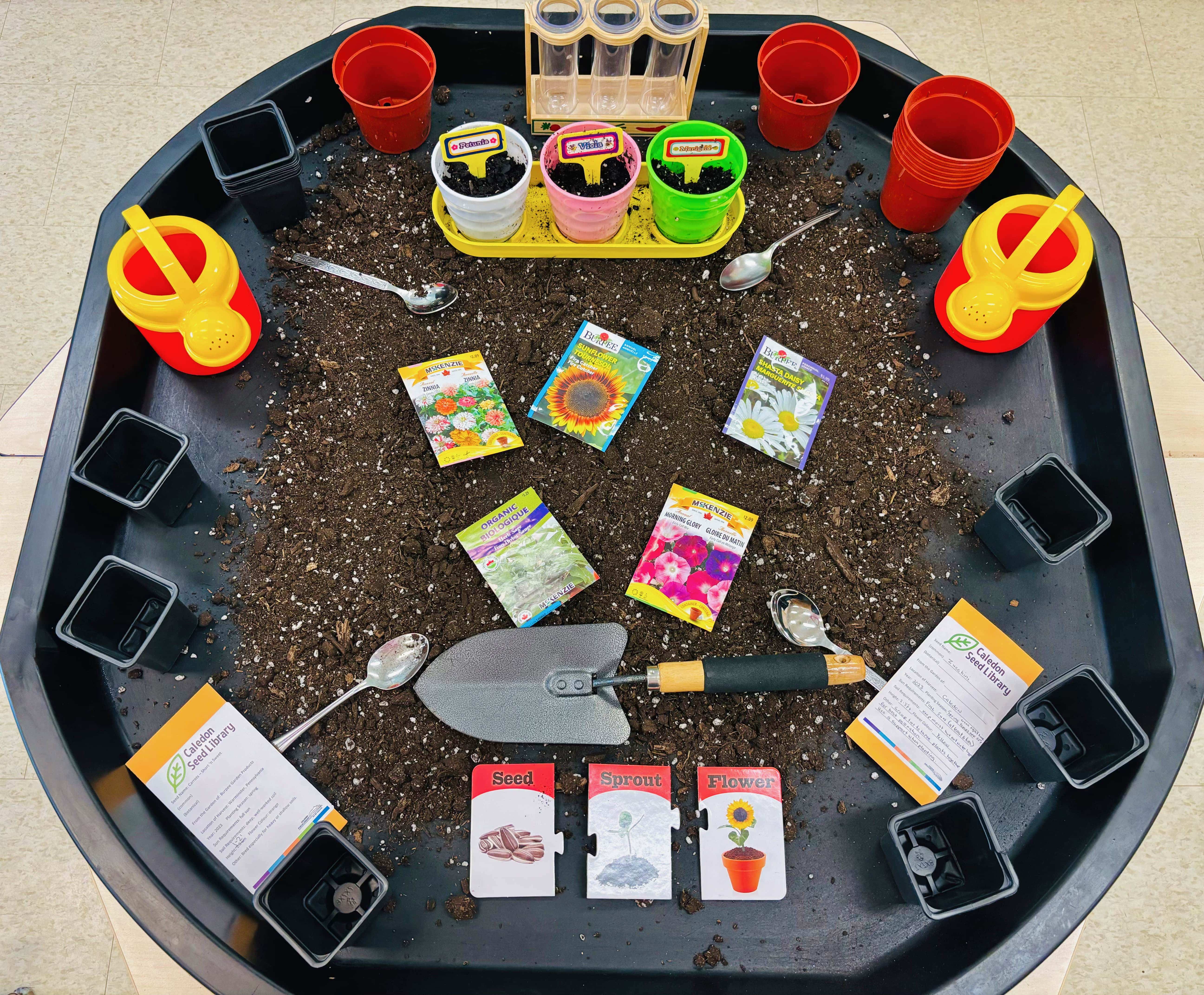

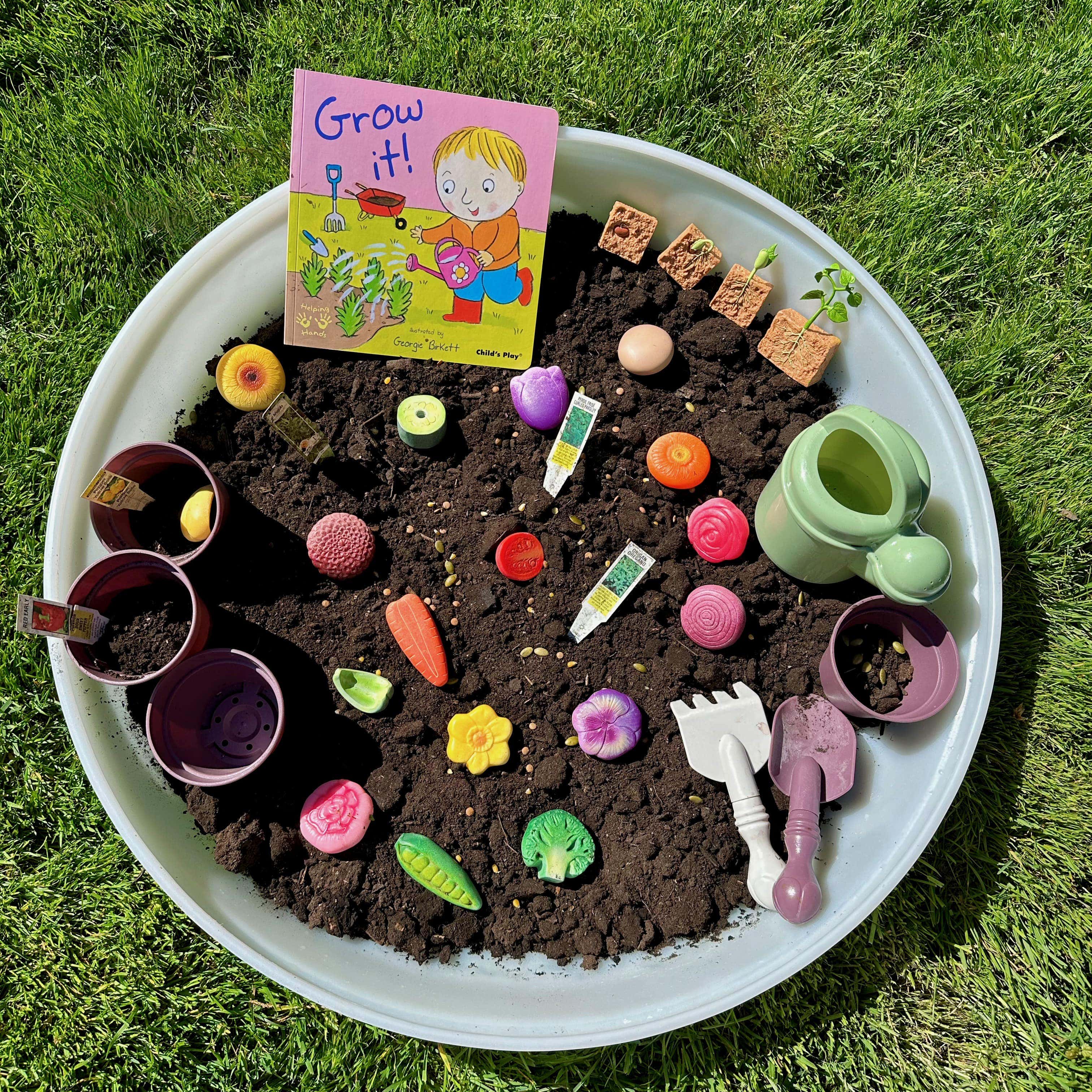

Encourages Outdoor Learning & Environmental Stewardship
Spending time in the garden fosters a love for the outdoors and teaches children about ecosystems, sustainability, and biodiversity. Through observation and discovery, children learn how plants grow, how insects contribute to the environment, and why taking care of nature is important.
How to Incorporate Gardening into Early Learning Environments
At Home:
- Start with container gardening using pots or recycled containers.
- Grow herbs or vegetables that children can easily tend to, like cherry tomatoes, lettuce, or basil.
- Engage in nature-inspired crafts by making plant markers, leaf rubbings, or pressed flower art.
In the Classroom or Childcare Centre:
- Create a raised bed garden or dedicate an outdoor space for a classroom garden.
- Set up a sensory garden with different textures, scents, and colours.
- Incorporate literacy connections with books about gardening and nature.
- Encourage group collaboration by assigning daily plant-watering or observation duties.
In the Community:
- Visit a local farm or botanical garden for hands-on learning experiences.
- Start a community garden project where children can participate in growing food together.
- Invite gardeners or environmental educators to speak to children about the importance of plants and sustainability.
Gardening is a powerful, play-based learning experience that nurtures curiosity, responsibility, and a love for nature. Whether planting seeds in a pot, exploring soil textures, or harvesting fresh produce, children gain valuable STEM skills, fine motor development, and social-emotional learning. By incorporating gardening into early education, we can help young learners grow healthy habits, lifelong skills, and a deep appreciation for the environment.
Let’s dig into learning, one seed at a time!
Make sure to tag us on social media if you try any of our ideas and follow us for more play based learning activites, process art and craft ideas on social media @ScholarsChoice on Facebook, Instagram and Pinterest

